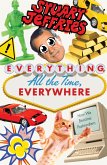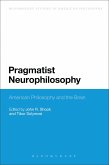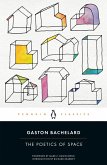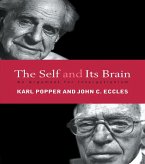'An acerbic expose of the empty promise of the computer age' SUNDAY TIMES
Simplicity has become a brand and a cult. People want simple lives and simple solutions. And now our technology wants us to be simpler, to be 'machine readable'. From telephone call trees that simplify us into a series of 'options' to social networks that reduce us to our purchases and preferences, we are deluged with propaganda urging us to abandon our irreducibly complex selves.
At the same time, scientists tell us we are 'simply' the products of evolution, nothing more than our genes. Brain scanners have inspired neuroscientists to claim they are close to cracking the problem of the human mind. 'Human equivalent' computers are being designed that, we are told, will do our thinking for us. Humans are being simplified out of existence.
It is time, says Bryan Appleyard, to resist, and to reclaim the full depth of human experience. We are, he argues, naturally complex creatures, we are only ever at home in complexity. Through art and literature we see ourselves in ways that machines never can. He makes an impassioned plea for the voices of art to be heard before those of the technocrats. Part memoir, part reportage, part cultural analysis, THE BRAIN IS WIDER THAN THE SKY is a dire warning about what we may become and a lyrical evocation of what humans can be. For the brain is indeed wider than the sky.
Dieser Download kann aus rechtlichen Gründen nur mit Rechnungsadresse in A, B, BG, CY, CZ, D, DK, EW, E, FIN, F, GR, HR, H, IRL, I, LT, L, LR, M, NL, PL, P, R, S, SLO, SK ausgeliefert werden.









